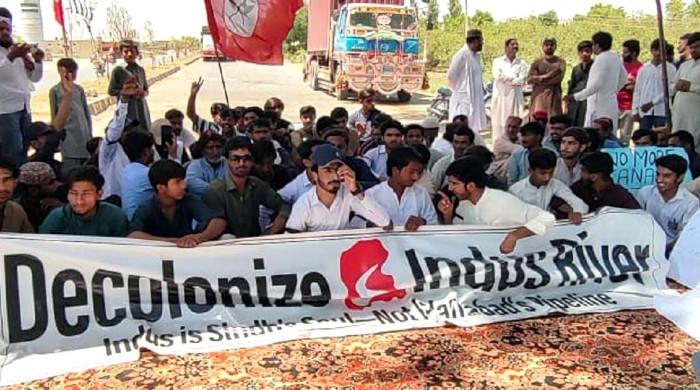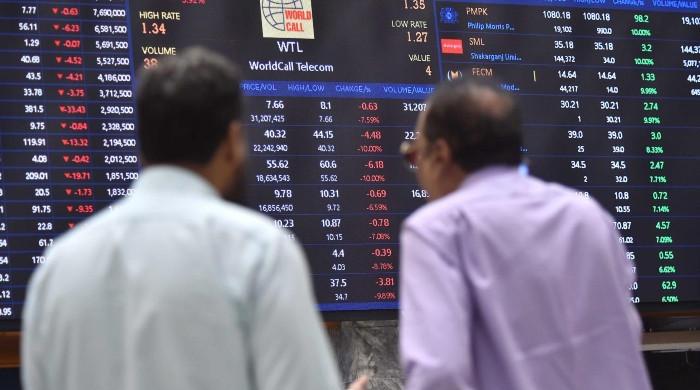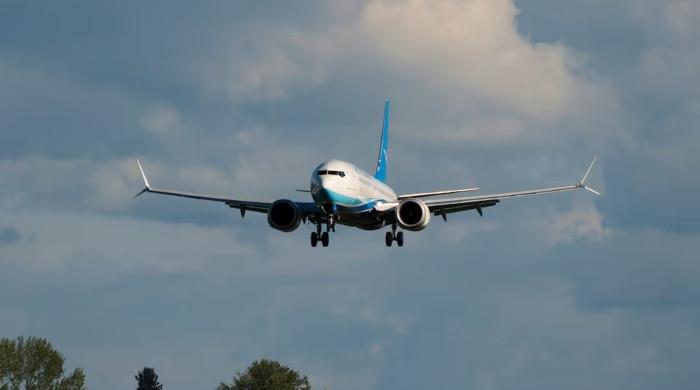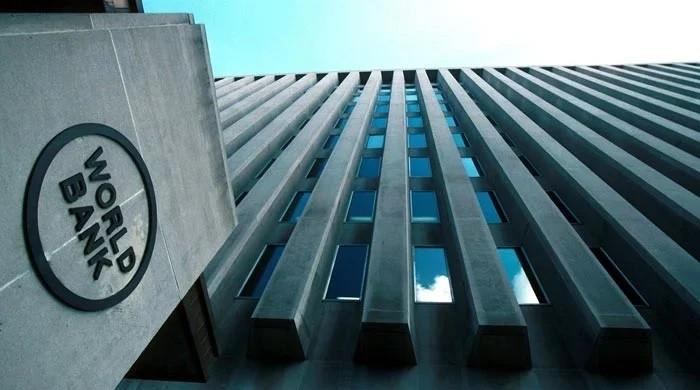India no longer fastest-growing large economy following demonetisation: IMF
India’s growth slowed to 6.6% last year from 7.6% in 2015, while the Chinese economy grew by 6.7% in 2016
January 17, 2017
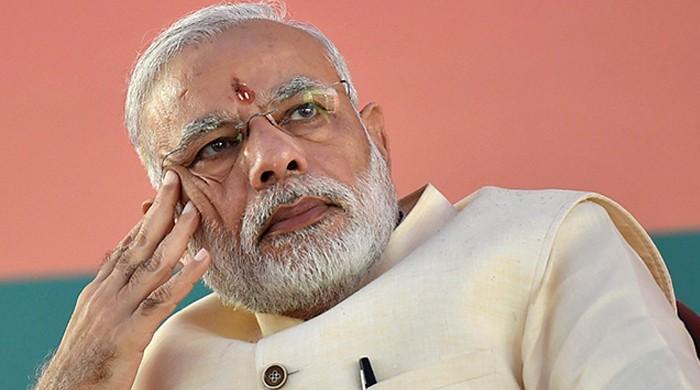
WASHINGTON: Modi government's demonetisation policy has backfired on the Indian economy as the International Monetary Fund suggests that cancelling nearly 90% of cash in circulation costed India the mantle of world’s fastest-growing large economy in 2016.
In its World Economic Outlook report, IMF said that India’s growth slowed to 6.6% last year from 7.6% in 2015, while the Chinese economy grew by 6.7% in 2016.
The IMF said it trimmed its 2016 forecast for India by one percentage point primarily because consumers tightened their purse-strings after demonetisation.
Indian Prime Minister Narendra Modi ordered the withdrawal of 500 and 1,000 rupee notes from circulation in a shock announcement designed to tackle widespread corruption and tax evasion.
Modi said that while people could exchange their old notes for new bills at banks or post offices until the end of the year, or deposit them in their accounts, they would no longer be legal tender from midnight.
"To break the grip of corruption and black money, we have decided that the 500 and 1,000 rupee currency notes presently in use will no longer be legal tender from midnight that is 8 November 2016," he said in a televised address to the nation.
"This means that these notes will not be acceptable for the transaction from midnight onwards."
After a one-day shutdown of all banks and ATMs, new 500 and 2,000 rupee denomination notes would be issued from Thursday by the Reserve Bank of India (RBI), the country´s central bank.
The 500 and 1,000 notes, which are worth around $7.50 and $15 respectively, are the largest bills in use in India which is still a massively cash-intensive economy.
Since coming to power in 2014, Modi has pledged to crack down on so-called black money -- vast piles of wealth kept hidden from the tax authorities -- with a series of new measures, including 10-year jail terms for evaders.
The latest announcement comes a little over a month after the government raised nearly $10 billion through a tax amnesty for Indians to report undeclared income and assets.
But many ordinary Indians say they support the scheme if it forces the rich to pay their taxes by making them bank undeclared income. Only a handful of states observed a call for a nationwide protest strike.
"We are protesting against the undeclared financial emergency imposed by the government and the hardships people across the country are facing because of this illegal decision," said Manish Tiwari of the opposition Congress party.
"The decision to demonetise high-value currency was done without any authority and legislation and is clearly illegal."
Owners of the banned 500 and 1,000 rupees ($7.30, $14.60) notes have until the end of the year to deposit them in a bank, and can only directly exchange a small number for the new currency.
But authorities have struggled to print enough new notes to meet demand and economists say the ensuing cash crunch will hit growth.
Former Prime Minister Manmohan Singh, a respected economist, said last week it would shave at least two percentage points off growth, which topped seven percent in the first half of the financial year.
"I do not disagree with the objectives but it is a monumental case of mismanagement," the Congress party lawmaker told parliament.
"The way demonetisation has been implemented, it will hurt agricultural growth and all those people working in the informal sector."
Over 90 percent of transactions in India are conducted in cash and many of the country's poorest have no access to banking.
Many have been left without enough cash to buy food or daily essentials, while farmers have been unable to buy seeds and small traders say business has fallen off a cliff.
Nonetheless, Modi has repeatedly defended the scheme, accusing its detractors of being tax evaders and urging all Indians to switch to non-cash payment methods.





